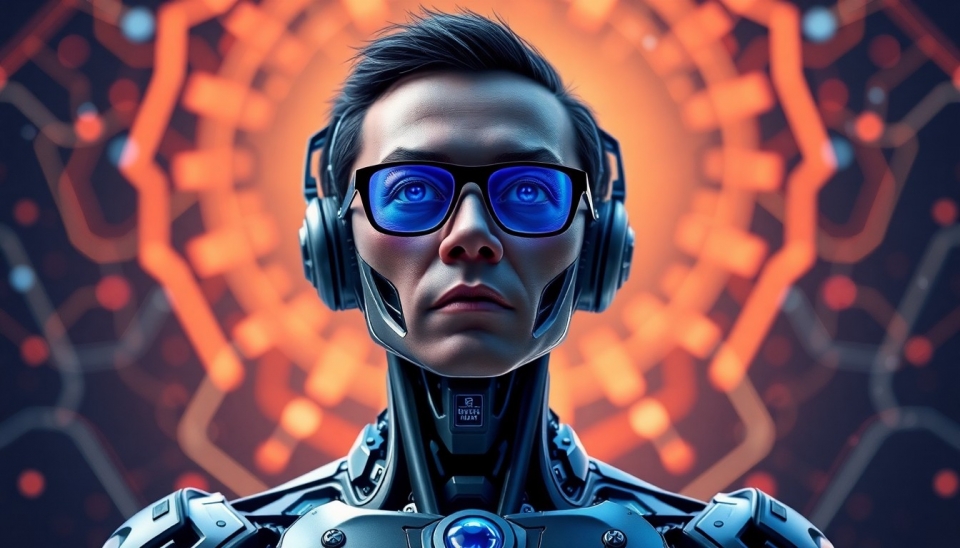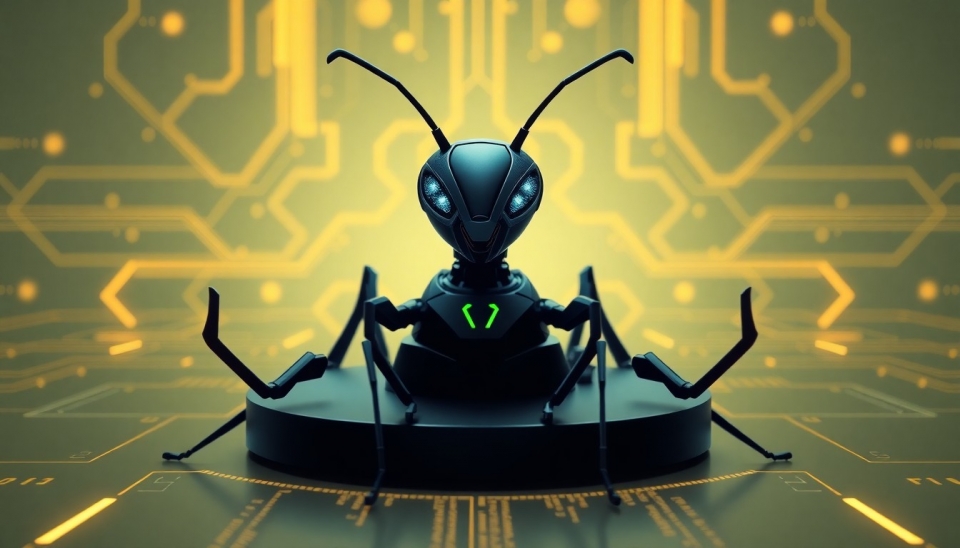
In a recent statement, Jack Ma, the co-founder of Alibaba Group, shared his optimistic perspective on artificial intelligence (AI) and its role in society. Addressing a gathering at the World Artificial Intelligence Conference in Shanghai, Ma emphasized that technology should serve humanity rather than dominate it. This interpretation of AI stands in stark contrast to the prevalent fears surrounding the technology’s potential to disrupt various sectors and the workforce.
Ma articulated his views by asserting that AI’s development should be guided by the principle of serving people’s needs and enhancing human capabilities. He believes that the future of AI lies not in replacing human jobs, but in creating new opportunities and fostering growth. His comments come at a time when many business leaders and technologists are increasingly concerned about the ethical implications of AI deployment, particularly as advancements in this arena continue to accelerate rapidly.
According to Ma, as AI continues to evolve, it is crucial for leaders in the field to prioritize the well-being of society. He urged innovators and developers to consider the broader implications of their work, ensuring that the technology enhances rather than hinders human experiences. He expressed a vision of a future where AI acts as a supportive tool in various sectors, from education to healthcare, amplifying human potential and creativity.
Ma's remarks trigger a meaningful debate about the balance between technological advancement and ethical responsibility. As the founder of one of the largest e-commerce platforms globally, his insights carry significant weight in the tech community. He reiterated the importance of humans retaining control over AI, positing that fostering a symbiotic relationship between technology and humanity will yield the most beneficial results for society.
While some argue that AI may lead to massive job displacement, Ma contends that it will instead open up new job categories and industries. He cited historical shifts—from the agricultural to the industrial revolution—as evidence that innovation and job creation often go hand in hand. His faith in the positive potential of AI stems from a belief in human adaptability and resilience.
As discussions on AI ethics intensify, Ma's perspective offers a refreshing lens through which to view the future of technology. His commitment to a human-centric approach in AI development serves as a reminder of the need for balanced conversations around the integration of AI into everyday life. As stakeholders in technology grapple with the challenges ahead, Ma stands as a proponent of harnessing AI for the greater good.
In conclusion, Jack Ma’s vision for AI reflects a hopeful outlook in a world rife with technological uncertainty. By advocating for a future where AI serves humanity, he challenges the industry to envision a collaborative partnership that elevates society rather than diminishes it. The path forward, he suggests, lies in innovation that enhances human capacity and creativity in the face of advancing technology.
#JackMa #ArtificialIntelligence #TechEthics #Innovation #HumanCentricAI #AIForGood #Leadership #FutureOfWork #Alibaba
Author: John Miller


